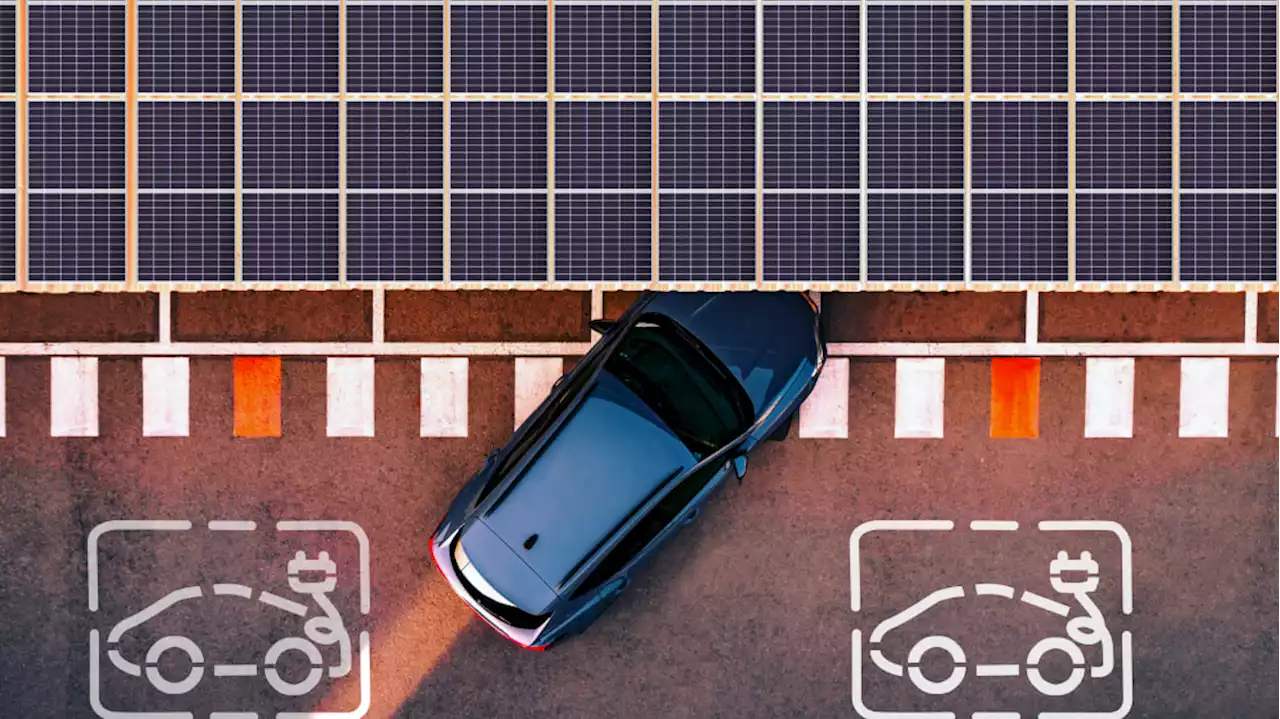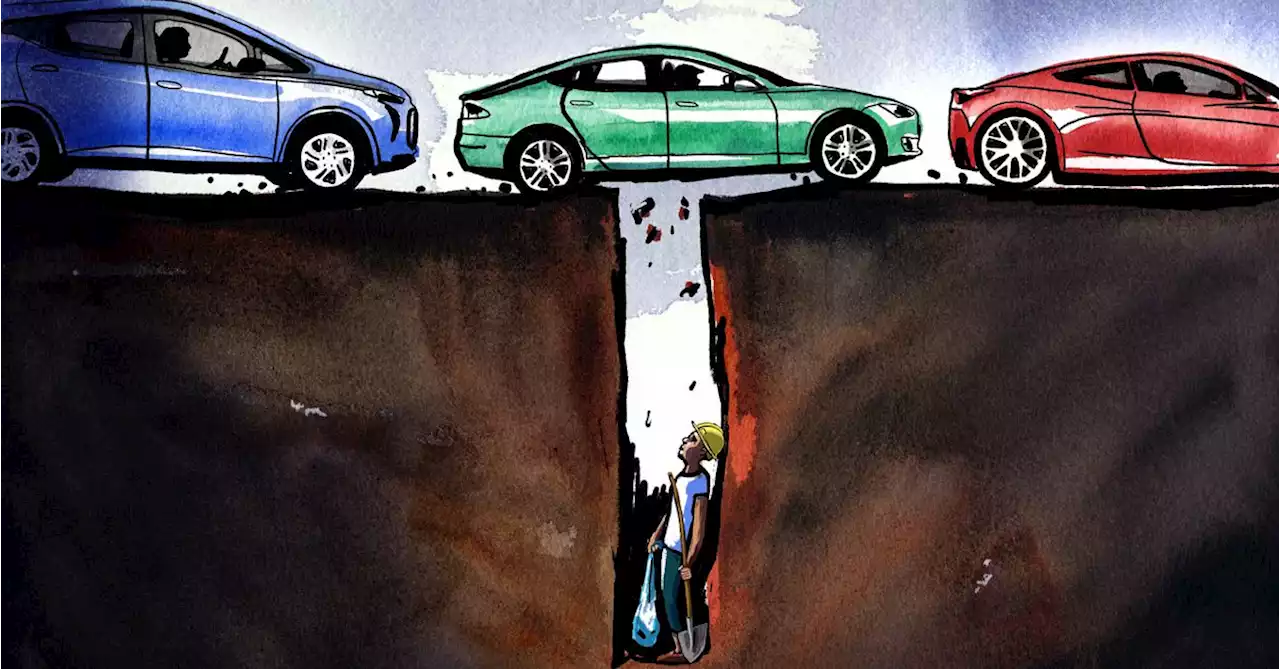Lithium-ion batteries could get a significant boost in energy density from disordered rock salt (DRX), a versatile battery material that can be made with almost any transition metal instead of nickel and cobalt.
Formed last fall, the DRX Consortium – which includes a team of approximately 50 scientists from Berkeley Lab, SLAC National Accelerator Laboratory, Pacific Northwest National Laboratory, Argonne National Laboratory, Oak Ridge National Laboratory, and the University of California at Santa Barbara – was awarded $20 million from the Vehicle Technologies Office in DOE’s Office of Energy Efficiency and Renewable Energy.
“DRX offers more sustainable, more abundant, and cheaper mineral sources for battery cathodes,” Ceder said. “The lithium-ion battery is a really good energy storage technology, but to stay relevant, it will need to grow toward higher production of multiple terawatt hours per year. Without DRX, lithium-ion batteries would require enormous amounts of nickel and cobalt if we stay with current technologies.
“DRX could be the go-to material for battery cathodes,” added Chen. “We already have the advantage of cost and resources. Now all we have to do is improve performance.”DRX is still a very young technology – Ceder and his team developed DRX just less than 10 years ago, in 2014, as a response to a rapidly growing lithium-ion battery industry. New battery technologies typically take 20 to 30 years to mature. But DRX is on an unusually fast track toward commercialization.
Ceder and Chen demonstrated DRX’s potential during a four-year program called the “Deep Dive,” which was also funded by the DOE Vehicle Technologies Office. That program ended in 2022, and the consortium formed soon after with the goal of demonstrating commercial-ready DRX cathodes in less than 5 years., including battery electric, plug-in hybrid electric, or fuel cell electric vehicles. In California, all new cars must be zero-emission vehicles beginning in 2035.
To achieve this ambitious goal, Ceder and Chen formed the DRX Consortium, enlisting top battery scientists from across the country and national lab system to help.
South Africa Latest News, South Africa Headlines
Similar News:You can also read news stories similar to this one that we have collected from other news sources.
 Synthetic graphite for EV batteries: Can the West crack China's code?New investments in the United States and Europe aim to challenge China’s stranglehold on a key ingredient used in most electric vehicle batteries.
Synthetic graphite for EV batteries: Can the West crack China's code?New investments in the United States and Europe aim to challenge China’s stranglehold on a key ingredient used in most electric vehicle batteries.
Read more »
 Exclusive: EU may become as hooked on China batteries as it was on Russian energyWhile the EU has a strong position in the intermediate and assembly phases of making electrolysers, with a more than 50% global market share, it relies heavily on China for fuel cells and lithium-ion batteries crucial for electric vehicles.
Exclusive: EU may become as hooked on China batteries as it was on Russian energyWhile the EU has a strong position in the intermediate and assembly phases of making electrolysers, with a more than 50% global market share, it relies heavily on China for fuel cells and lithium-ion batteries crucial for electric vehicles.
Read more »
 Why EV Batteries Keep Getting Cheaper & CleanerUsing Wright’s Law, Moore’s Law for batteries, geological data together they explain batteries becoming cheaper, cleaner, lighter, abundant
Why EV Batteries Keep Getting Cheaper & CleanerUsing Wright’s Law, Moore’s Law for batteries, geological data together they explain batteries becoming cheaper, cleaner, lighter, abundant
Read more »
 Ford Needs To Replace The Batteries On A Few Explorers And Almost 3,000 Lincoln Aviator PHEVsThe high-voltage batteries of Lincoln Aviator and Explorer models could develop a short circuit
Ford Needs To Replace The Batteries On A Few Explorers And Almost 3,000 Lincoln Aviator PHEVsThe high-voltage batteries of Lincoln Aviator and Explorer models could develop a short circuit
Read more »
 The harsh realities of mining cobalt for EV batteriesMiners in the DRC often earn far less than a living wage.
The harsh realities of mining cobalt for EV batteriesMiners in the DRC often earn far less than a living wage.
Read more »
